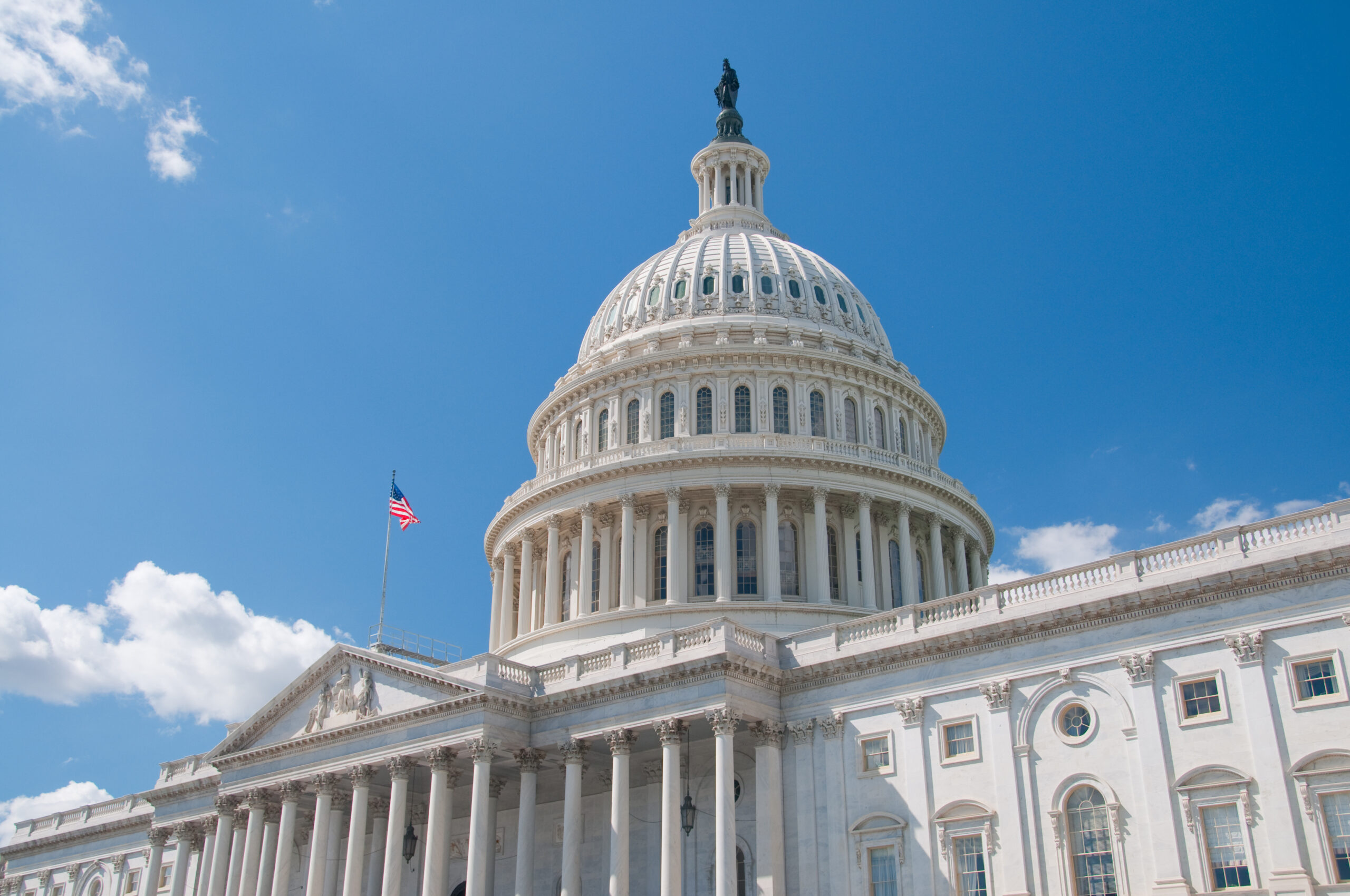When the COVID-19 pandemic brought the experiential marketing world to a sudden halt, companies working on these events immediately were barred from business success and employee livelihood. Furthermore, it was clear that the exhibition and event industry did not have a pathway to governmental powers who could help companies survive these unimaginable circumstances.
Through diligence and determination some, but not all, industry participants found ways to keep the lights on during these dark days. Fortunately, with the world’s reopening, experiential marketing has evolved as a significant channel for brands to build awareness and loyalty with a target audience.
Now, keenly aware of the need for access, the industry is committed to building an infrastructure that advocates for the network of providers, ensuring the voices of trade show and event marketers are heard when legislative and policy discussions take place.
A leading coalition of this mission is the Exhibitions & Conferences Alliance (ECA). ECA works with government at all levels to improve the overall competitiveness of the business event industry, which will employ 2.63 million Americans and drive $426.1 billion in spending nationwide in 2025.
ECA’s nine alliance partners represent all aspects of the interconnected ecosystem of exhibitors, show and event organizers, suppliers, venues, and hard-working men and women that comprise the U.S. and global business events landscape
On May 29th, the ECA’s 2025 Legislative Action Day will bring leaders and advocates from across the business and professional events industry to Capitol Hill to meet with their elected officials in support of ECA’s top public policy priorities, taxes, tariffs and talent.
From the ECA Website:
Tax reform: ECA encourages Congress to take up and pass federal tax reform legislation in 2025 that is pro-growth, pro-investment, pro-impact, and pro-workforce development to ensure that our industry’s small businesses and entrepreneurs can continue driving economic growth, supporting job creation, empowering their small business customers, and helping to solve our most urgent societal challenges.
Tariffs: The executive order introducing new reciprocal tariffs on U.S. trading partners has led to significant concern within the U.S. business and professional events industry. These tariffs will increase costs for business and professional event organizers, exhibitors, and attendees alike. Moreover, these tariffs will particularly harm small businesses, which account for 99% of industry companies and 80% of all exhibitors.
Talent: The business events industry faces a skilled workforce shortage nationwide. The ask is to expand opportunities to access job and skill training.
This work continues beyond the day in the capital. The ECA has made participating in its Advocacy Network Action Center easy. To send letters to your representatives that describe the concerns around the three areas of focus, click here. The “Take Action” button under each issue takes under a minute to complete but is one step closer to change in this industry critical to overall economic success.
Exhibitus firmly believes in the necessity of continued advocacy to ensure policies support our industry’s ongoing growth and impact. Our upcoming blogs will delve into the why and how behind this vital work. Stay tuned!

